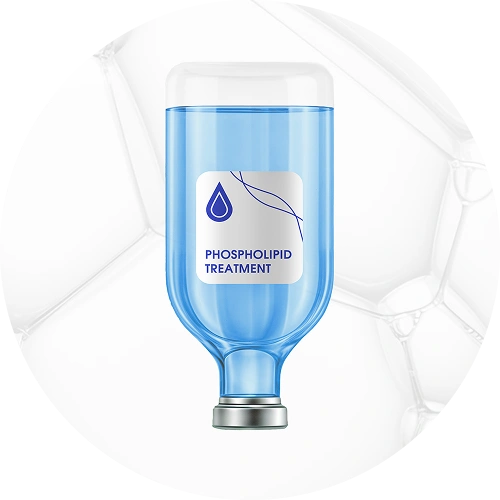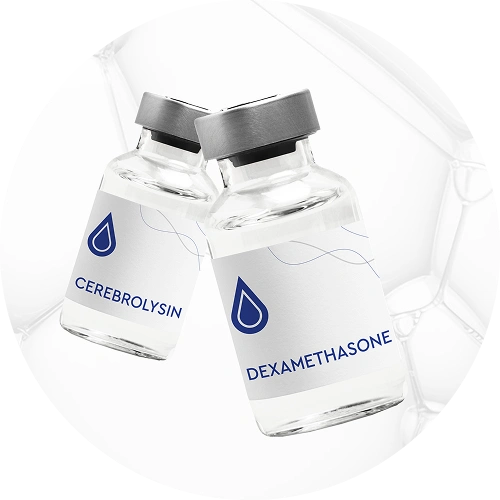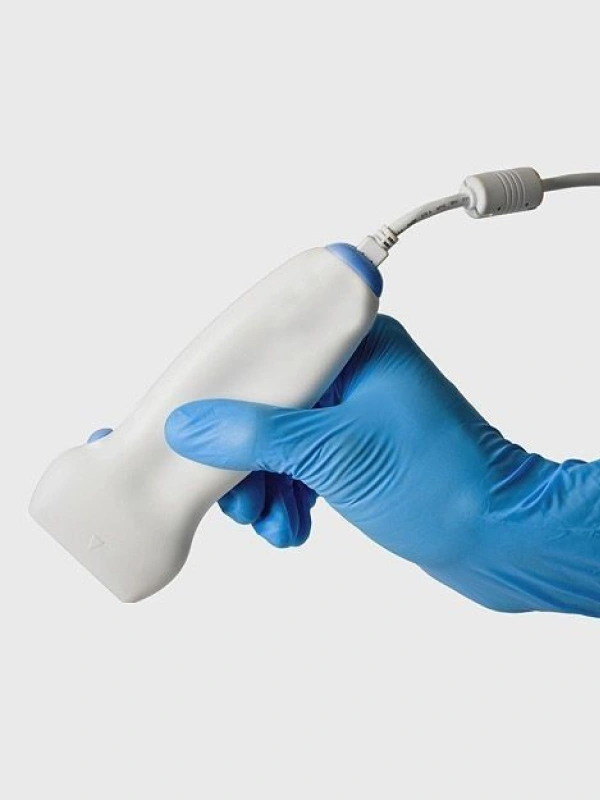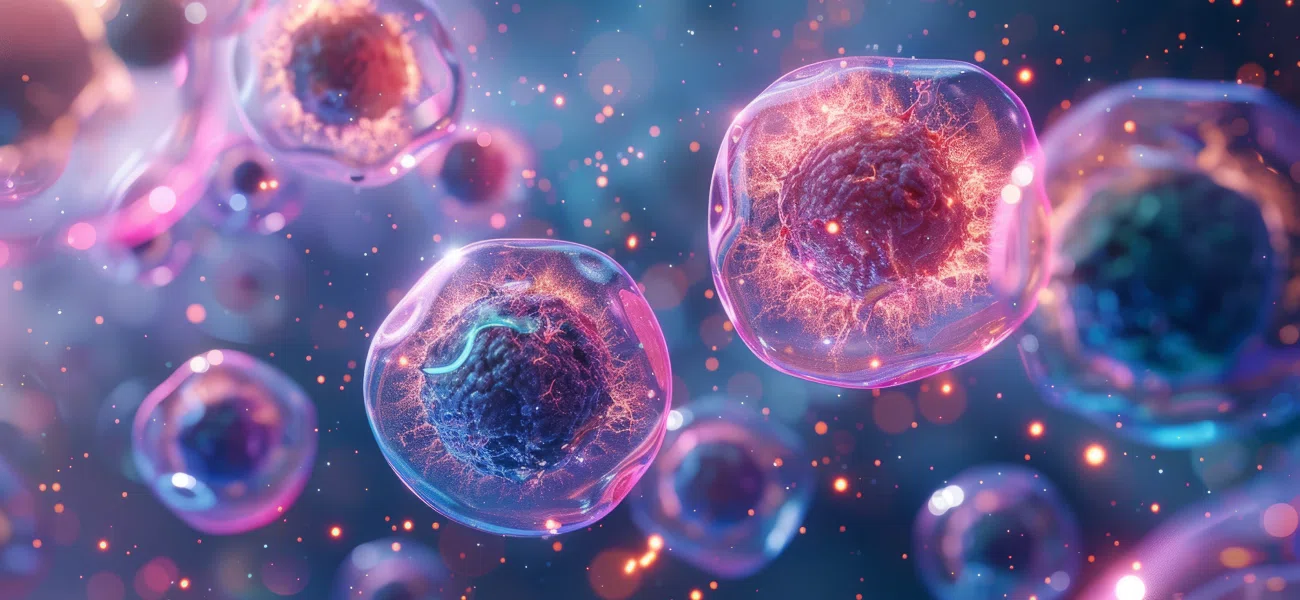The lab diagnostics detect
Dubai
English
Request a call

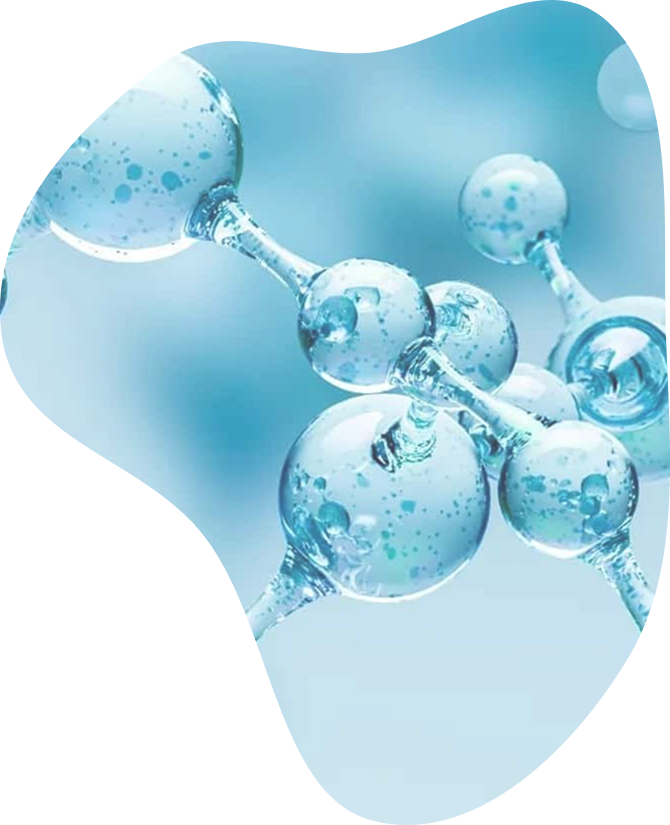
Check-up «Amino Acids»
Analysis of amino acids is a way to assess protein and cellular metabolism, recovery processes, the functioning of the immune, nervous and muscular systems. Includes identification of six key amino acids involved in metabolic regulation, antioxidant protection, and energy metabolism.
Get Consultation - 1 275 AED

Analysis Description
Amino acids are the basis for building proteins, enzymes, neurotransmitters. Imbalance may be associated with chronic fatigue, muscle weakness, sleep disturbances, and delayed recovery after physical or psycho-emotional stress. The analysis is used to assess metabolic status, nutritional support and monitor therapy in case of deficiencies or high loads (physical, inflammatory, metabolic).
Indications
Chronic fatigue, muscle weakness, decreased endurance
Slow recovery after physical activity or illness
Support for metabolic disorders, inflammation, intoxication
Sleep disorders, anxiety, concentration problems
Selection of nutritional support, sports nutrition
Diagnosis of amino acid metabolism disorders in chronic conditions

Analysis Composition and Interpretation
Glycine
An amino acid involved in the synthesis of proteins, DNA and collagen. Provides antioxidant protection, affects the quality of sleep, thermoregulation and the nervous system. Deficiency may reduce stress resistance and impair tissue repair.
Normal range: 150–450 µmol/l
Reasons for increased values: metabolic disorders, renal failure
Reasons for decreased values: protein deficiency, metabolic disorder, increased needs
Normal range: 150–450 µmol/l
Reasons for increased values: metabolic disorders, renal failure
Reasons for decreased values: protein deficiency, metabolic disorder, increased needs
Arginine
Is a source of nitric oxide, regulates vascular tone and microcirculation. Participates in tissue healing, immune system function and growth hormone synthesis. With a deficiency, regeneration processes, blood circulation and adaptation to stress may be disrupted.
Normal range: 40–120 µmol/l
Reasons for increased values: impaired urea metabolism, tumors
Reasons for decreased values: protein starvation, inflammation, physical exhaustion
Normal range: 40–120 µmol/l
Reasons for increased values: impaired urea metabolism, tumors
Reasons for decreased values: protein starvation, inflammation, physical exhaustion
Glutamine
The main source of energy for intestinal cells and the immune system. Participates in protein synthesis, regulation of acid-base balance and tissue restoration. Decreased glutamine levels weaken protective barriers and can impair recovery from stress.
Normal range: 400–900 µmol/l
Reasons for increased values: stress, metabolic disorders
Reasons for decreased values: infectious diseases, surgeries, catabolism
Normal range: 400–900 µmol/l
Reasons for increased values: stress, metabolic disorders
Reasons for decreased values: infectious diseases, surgeries, catabolism
Cysteine
A sulfur-containing amino acid necessary for the synthesis of glutathione, one of the main antioxidants. Affects the condition of the skin, hair, nails, and detoxification processes. Deficiency may affect liver function, antioxidant protection, and tissue structure.
Normal range: 10–140 µmol/l
Reasons for increased values: oxidative stress, sulfur metabolism disorders
Reasons for decreased values: deficiency of sulfur-containing proteins, antioxidants
Normal range: 10–140 µmol/l
Reasons for increased values: oxidative stress, sulfur metabolism disorders
Reasons for decreased values: deficiency of sulfur-containing proteins, antioxidants
Taurine
Supports heart function, regulates water-salt balance, stabilizes the nervous system, and protects cells from stress. Important for vision and development of the nervous system. A decrease in levels may manifest itself in rhythm disturbances, fatigue, and deterioration in adaptation.
Normal range: 40–120 µmol/l
Reasons for increased values: diabetes, liver or kidney pathology
Reasons for decreased values: stress, metabolic disorders, deficiency in the diet
Normal range: 40–120 µmol/l
Reasons for increased values: diabetes, liver or kidney pathology
Reasons for decreased values: stress, metabolic disorders, deficiency in the diet
Beta-alanine
A precursor of carnosine, which accumulates in muscles and reduces acidity during physical exertion. Increases endurance, helps muscle recovery, and protects against fatigue. A deficiency may reduce physical performance and cause fatigue.
Normal range: 0.5–4 µmol/l
Reasons for increased values: intense physical activity
Reasons for decreased values: low protein intake, muscle wasting
Normal range: 0.5–4 µmol/l
Reasons for increased values: intense physical activity
Reasons for decreased values: low protein intake, muscle wasting
Check-up «Amino Acids»
1 275 AED
Book
Key Advantages of Refresh Clinic
Your gateway to the science of longevity

Expertise & Care
All procedures are performed by nurses with 10+ years of practice — in an environment designed for comfort and trust.

Personal Health Concierge
From your first visit to long-term results, you are guided by an expert who tailors every stage to your needs.

Clinical Safety
Programs are designed by endocrinologists with attention to your metabolic profile and follow international quality standards.

Fill out the form to book your consultation.
Your personal manager will contact you within 10 minutes and arrange a convenient time for your visit.



